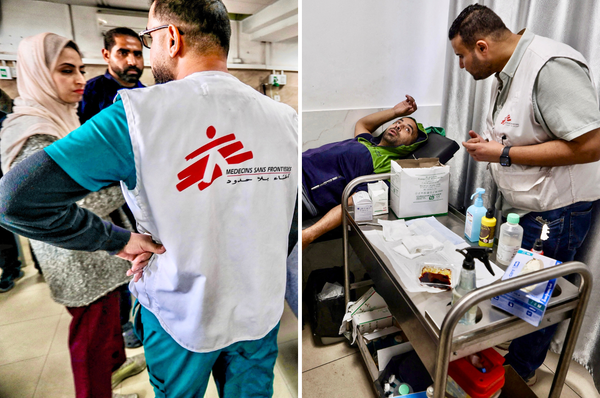This Stranded Pregnant NZ Journalist Who Had To Seek Help From The Taliban Can Now Go Home
Charlotte Bellis, a pregnant New Zealand journalist who was stranded in Afghanistan and unable to return home due to New Zealand’s strict COVID-19 entry restrictions, has been granted entry back home.

Charlotte Bellis, a pregnant New Zealand journalist who was stranded in Afghanistan and unable to return home due to New Zealand’s strict COVID-19 entry restrictions, has been granted entry back home.
35-year-old Bellis first gained international attention last year for her work covering the Taliban’s takeover of Afghanistan for Qatar’s Al Jazeera. She had been one of three women journalists present at the Taliban’s first press conference and had asked them about women’s rights.
In September, she discovered in Doha, Qatar, that she was pregnant with a baby girl with her partner, Belgian photographer Jim Huylebroek. As sex outside marriage is illegal in Qatar, Bellis resigned from Al Jazeera in November.
She struggled to get back into New Zealand as she was unable to get a spot in a quarantine hotel. New Zealand requires everyone, including citizens, to isolate in a quarantine hotel for 10 days after entry into the country.
The couple then moved to Belgium, but Bellis said she was unable to stay as she was not a resident.
Unable to get back into New Zealand, Bellis said she was forced to turn to the Taliban for help, asking them whether she would be safe if she went to Afghanistan.
The Taliban said yes, and she and Huylebroek relocated to Kabul.
“Just tell people you’re married, and if it escalates, call us. Don’t worry,” the Taliban told her, she said in a column for the New Zealand Herald.
“When the Taliban offers you – a pregnant, unmarried woman – safe haven, you know your situation is messed up,” Bellis wrote.
Bellis’ story drew public attention, and on Tuesday Feb. 1, New Zealand’s deputy prime minister Grant Robertson said the government had granted Bellis entry into the country.
Bellis confirmed in a statement on her social media that her application to return to New Zealand had been approved and she would be going early March.
She said that her entry had been granted based on her location and not her pregnancy, saying that she was “disappointed it had come to this.”
She added that she would continue to challenge the New Zealand government to “find a solution to border control to keep New Zealand at home and abroad safe and their rights protected.”





